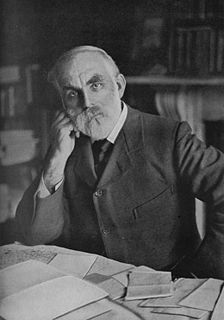A Quote by Martin Freeman
You absorb 2,000 years of history just by being near the Thames.
Related Quotes
Some people have criticized the United States and the United States military for guarding oil fields and not guarding the Iraqi National Museum which had priceless antiquities in it. They say that this shows a fundamental lack of respect for Iraqi history. I want to remind those people of this: The oldest relics in the museum, 5,000 or 6,000 years old. That oil is 65 million years old. You had to guard that. ... Those antiquities will only last another 5,000 or 6,000 years. When we burn that oil, those fumes will linger long after.
A few years ago, they [Neandertals] were thought to be ancestral to anatomically modern humans, but now we know that modern humans appeared at least 100,000 years ago, much before the disappearance of the Neandertals. Moreover, in caves in the Middle East, fossils of modern humans have been found dated 120,000-100,000 years ago, as well as Neandertals dated at 60,000 and 70,000 years ago, followed again by modern humans dated at 40,000 years ago. It is unclear whether the two forms repeatedly replaced one another by migration from other regions, or whether they coexisted in some areas




































